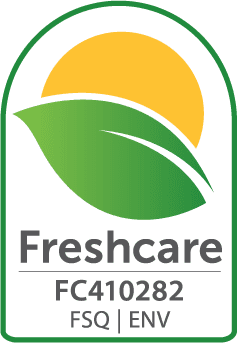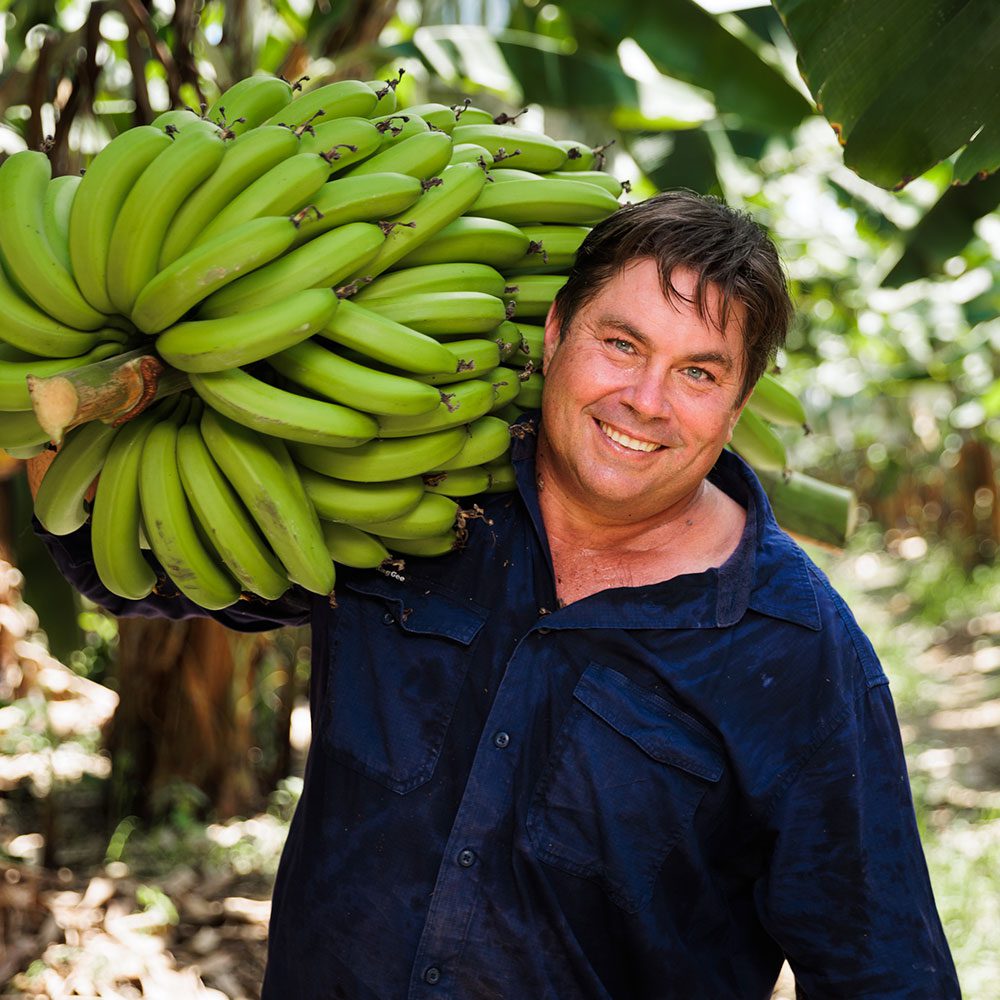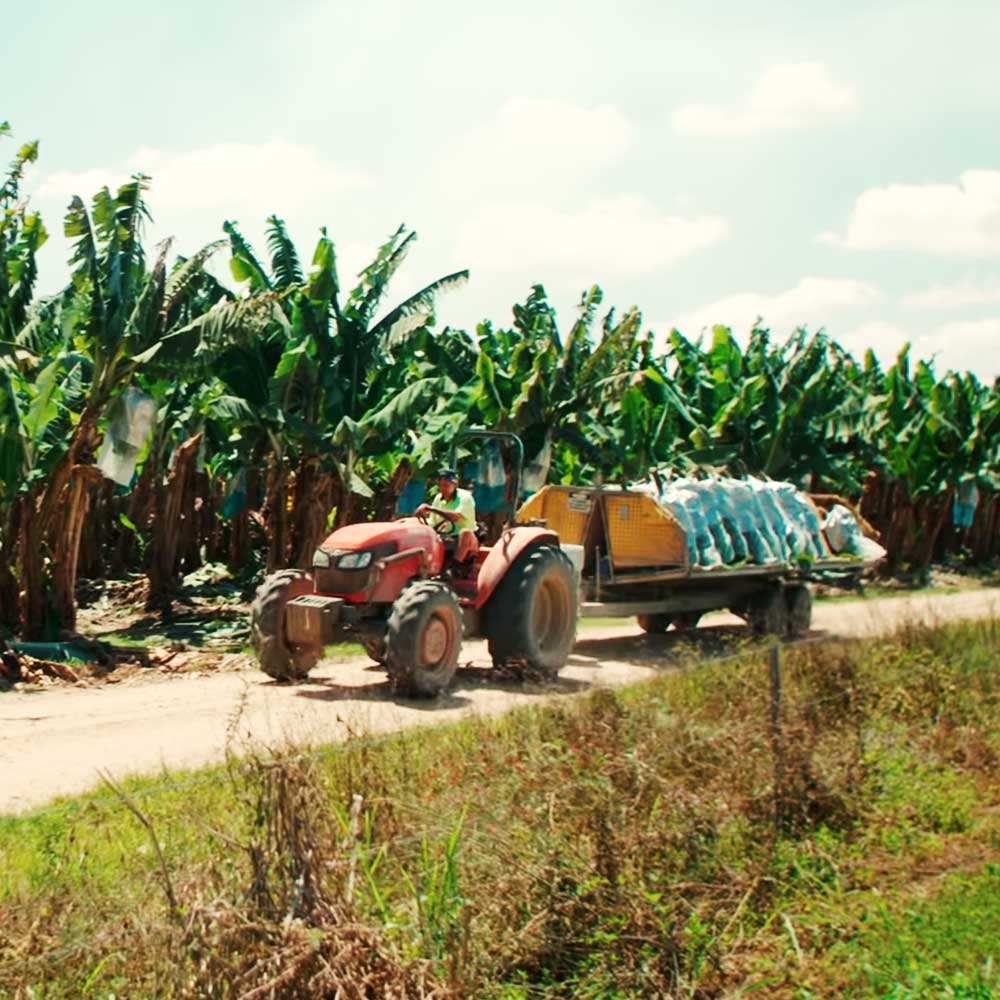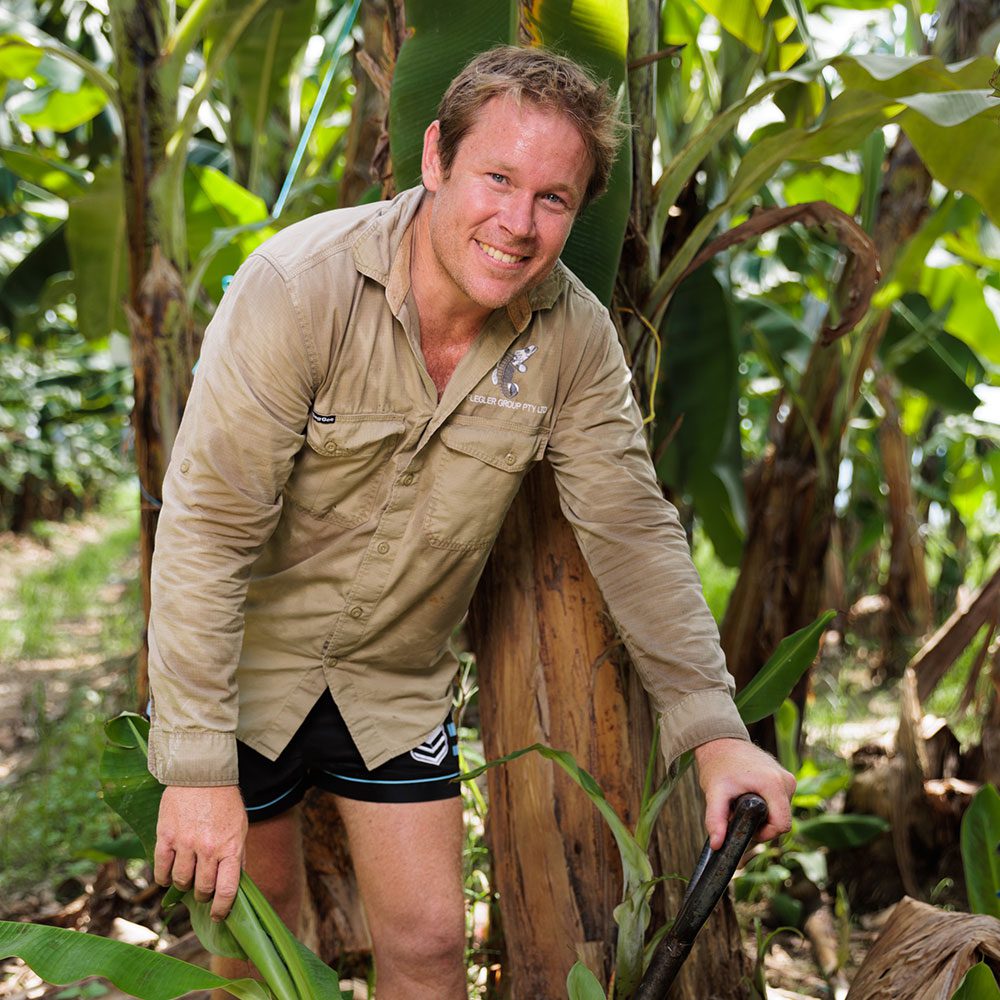Sustainable farming is using natural resources in a way that does not adversely affect the environment or threaten human health. Sustainable farming relies on renewable resources (such as sunlight and rain) to produce food and energy. It also uses practices that improve soil fertility and protect water quality, wildlife habitat, and air quality. The focus is on preserving the environment and human health.
Some principles that guide sustainable farming include:
- Reduced resource depletion through efficient use of inputs such as water, fertilisers, and pesticides
- Replacing nonrenewable inputs with renewable ones
- Ensuring equitable access to food by protecting farmers’ rights to grow their own crops or graze livestock on land they have traditionally used
- Achieving environmental benefits, such as reduced erosion, biodiversity enhancement, and improvement in soil structure
- Working in harmony with surroundings to improve biodiversity in the local community





